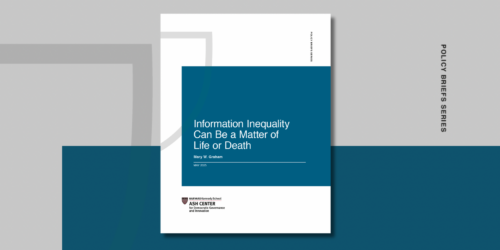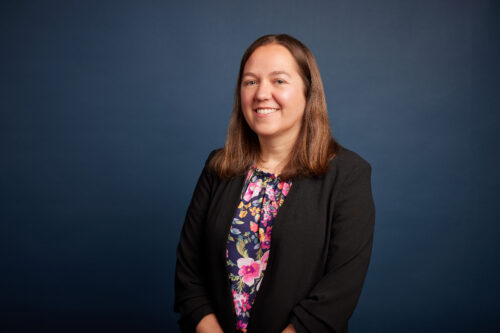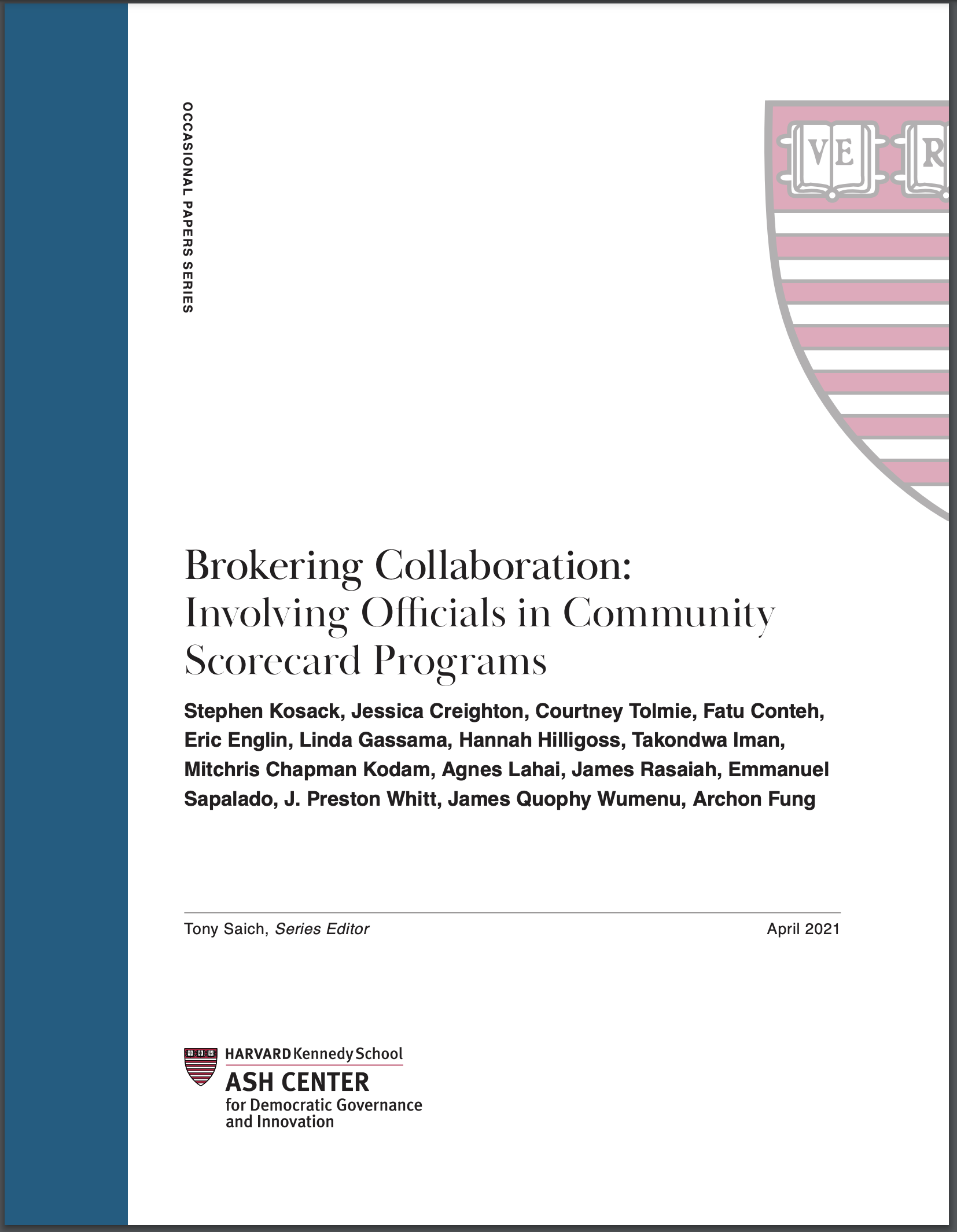
Policy Brief
Information Inequality Can Be a Matter of Life or Death
In this paper, Mary W. Graham examines how unintended information inequities undermine critical health and safety alerts. Focusing on three key policies — wildfire alerts, drinking water reports, and auto safety recalls — she identifies common roots of these disparities and highlights efforts by policymakers to address them.



